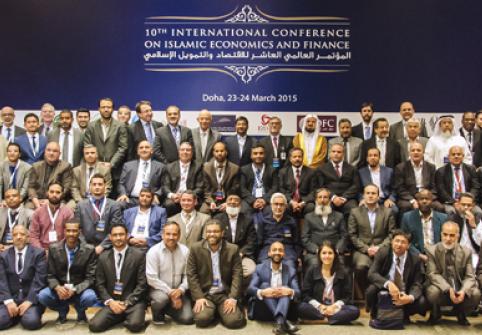
New products are continuously emerging and those who wish to participate in this exciting and dynamic field have to be knowledgeable about both the principles of Islamic economics and finance, and contemporary developments in the international financial industry. A particularly high concentration of Islamic financial institutions in the Middle East, calls for localized research that offers the industry concrete analysis, new ideas and contextual maps of past, present and future events. Legal, regulatory and market environments are rapidly changing.
Under such dynamic conditions, the Center for Islamic Economics and Finance (CIEF) was established in 2010 to provide students, faculty and visiting scholars a resource rich environment to help them be on the cutting edge of contributions in their field. In 2014, Dr. S. Nazim Ali, former Director of Harvard’s Islamic Finance Project, took over as the Center’s Director. Today, he is guiding CIEF towards its vision of contributing to an ethically grounded global economy.
Vision
The CIEF sees itself as a global center of excellence in the scientific discipline of Islamic economics and finance, promoting economic justice and prosperity through the development of genuine financial products, monetary and fiscal policies, and business and trade practices. The center envisions its research as providing contextual maps for ethically grounded economies.
Mission
The mission of CIEF is to produce policy relevant basic and applied research with concrete analysis of national, regional and international developments in Islamic economics and finance that can expand the body of knowledge about genuine financial products, economic development, financial inclusiveness and sustainability. To these ends, the CIEF individually and in partnership with other institutions will focus on the following areas:
Objectives